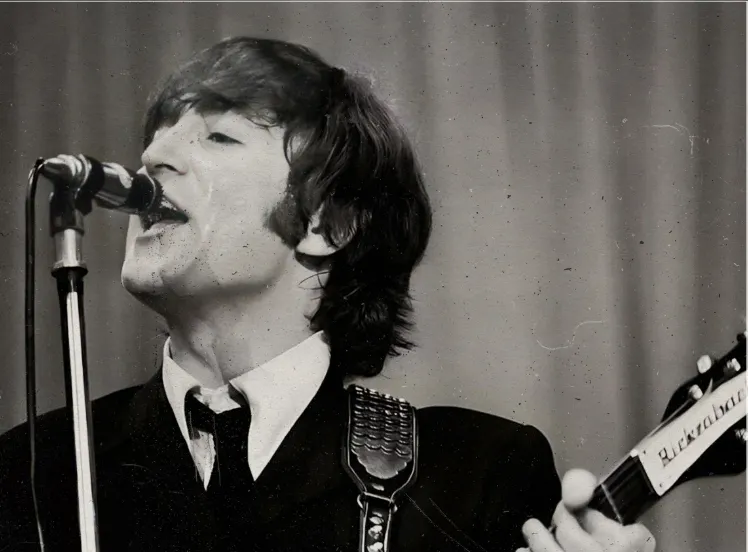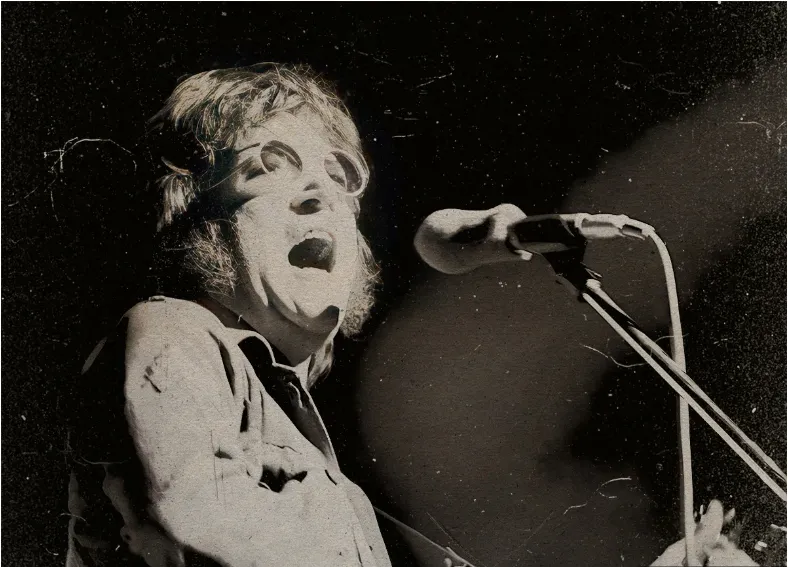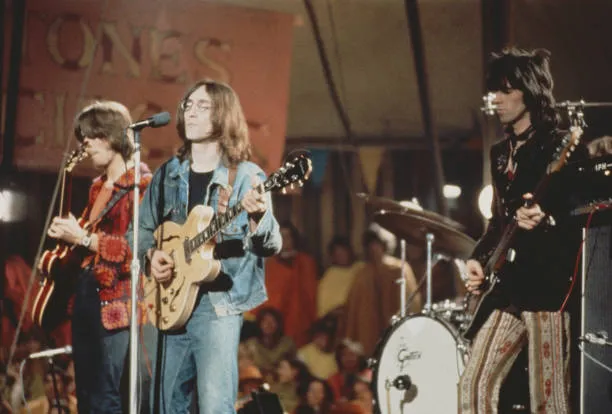Eric Clapton, while renowned as a rock guitar icon, has played an equally significant role in preserving and popularizing blues music. His deep reverence for the genre and his efforts to introduce it to wider audiences have earned him the unofficial title of "Blues Ambassador."
Early Blues Influences:

Clapton's love affair with the blues began in his youth. He was heavily influenced by American blues artists like Robert Johnson, Muddy Waters, and B.B. King. These influences shaped his guitar playing style and musical philosophy, setting the foundation for his future career.
The British Blues Boom:
In the 1960s, Clapton was at the forefront of the British Blues Boom. With bands like The Yardbirds and John Mayall & the Bluesbreakers, he helped spark a revival of interest in blues music among young British musicians and audiences. His work during this period earned him the graffiti tag "Clapton is God" in London, highlighting his growing reputation as a blues guitarist.
Cream and Blues Rock:

With Cream, Clapton pushed the boundaries of blues rock. The band's psychedelic take on traditional blues structures introduced the genre to the rock mainstream. Songs like "Crossroads," a cover of Robert Johnson's "Cross Road Blues," showcased Clapton's ability to reinterpret classic blues for a new generation.
Solo Career and Blues Exploration:
Throughout his solo career, Clapton has consistently returned to his blues roots. Albums like "From the Cradle" (1994) were pure homages to classic blues, featuring covers of songs by blues legends. His 2000 collaboration with B.B. King, "Riding with the King," was a celebration of the genre and a passing of the torch between two blues giants.
The Crossroads Guitar Festival:

In 2004, Clapton founded the Crossroads Guitar Festival, a recurring event that brings together some of the world's greatest guitarists, with a particular focus on blues and blues-influenced music. This festival has become a significant platform for preserving and promoting blues music.
Introducing Blues to New Audiences: Clapton's mainstream success has allowed him to introduce blues music to audiences who might not otherwise have been exposed to the genre. His covers of traditional blues songs often charted higher and reached wider audiences than the originals, bringing recognition to the original artists.
Collaborations and Tributes:
Throughout his career, Clapton has collaborated with and paid tribute to numerous blues legends. His work with artists like B.B. King, Buddy Guy, and Robert Cray has helped bridge generations of blues musicians and fans.
Educational Efforts:

Clapton has been vocal about the importance of blues in the history of popular music. Through interviews, documentaries, and his autobiography, he has educated fans about the origins of the music he plays and the artists who influenced him.
Preserving Blues Heritage:
Beyond his music, Clapton has been involved in efforts to preserve blues heritage. He has supported various blues museums and educational initiatives, helping to ensure that the genre's rich history is not forgotten.
Impact on Modern Blues:

Clapton's interpretation of the blues has influenced countless musicians, helping to keep the genre alive and evolving. Many modern blues and blues-rock artists cite Clapton as a key influence, demonstrating the lasting impact of his work.
Conclusion:
Eric Clapton's role in popularizing the blues cannot be overstated. From his early days as a blues purist to his later status as a global superstar, Clapton has consistently used his platform to celebrate and promote the genre he loves. His dedication to the blues has not only enriched his own music but has also ensured that this quintessentially American art form continues to thrive and reach new audiences around the world. Through his performances, collaborations, and advocacy, Eric Clapton has truly earned his status as a Blues Ambassador, bridging the gap between the genre's rich history and its continuing evolution in the modern music landscape.



